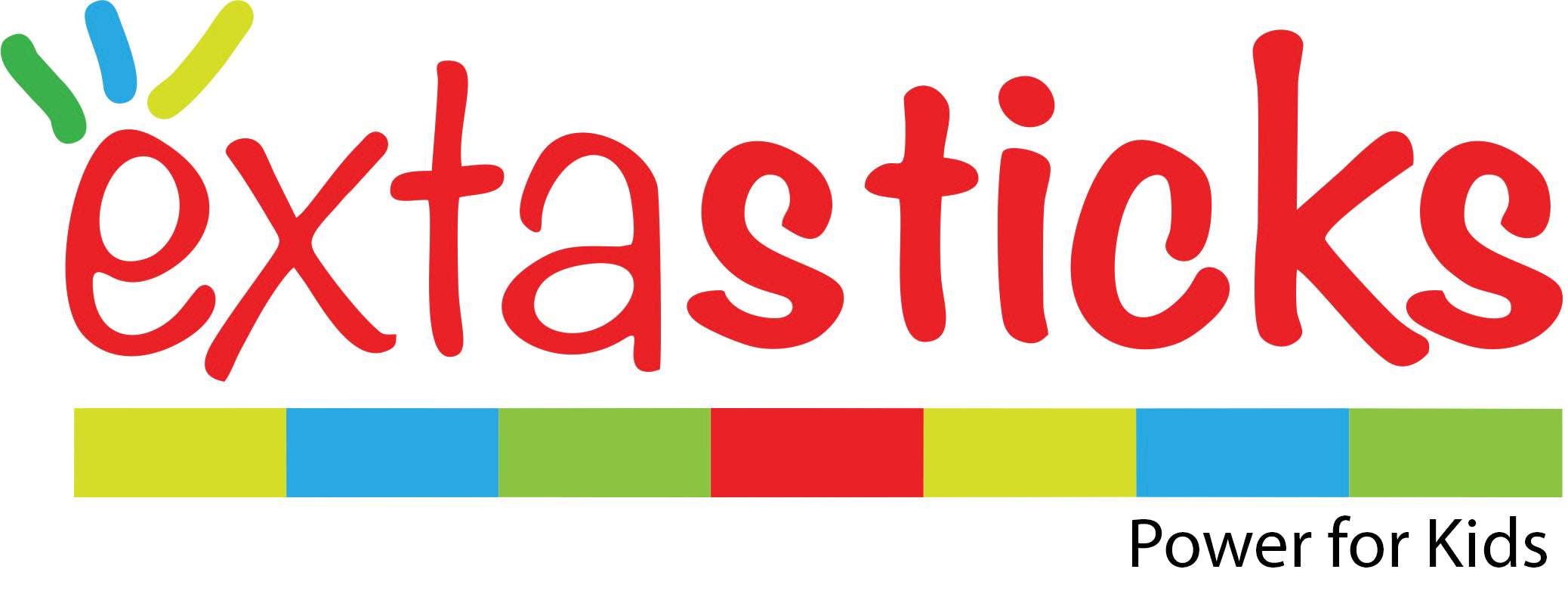Fit for the Future
FIT FOR THE FUTURE
We want to promote essential values for children’s future through our toys, play ideas and books.
To ensure this, we have developed our own system for the development and evaluation of toys with a team of experts, holistic pedagogues and educators: The “FIT FOR THE FUTURE” system.
To receive our “FIT FOR THE FUTURE” seal, a toy must promote at least one of the values we consider essential for a happy and fulfilling life:

- CREATIVE
- EMOTIONALLY STRONG
- PASSIONATE TO LEARN
- LOGICALLY FIT
- LANGUAGE FIT
- FOCUSED
- SELF-CONSCIOUS
- ACTIVE

CREATIVE:
Activating the link between the two hemispheres of the brain results in creativity and the ability to solve problems. Our toys are designed to activate both hemispheres of the brain and solve problems independently.
EMOTIONALLY STRONG:
Children can learn that their choices have an impact on their emotional state. Our toys specifically encourage children to make choices and thus influence their own emotional state.
EAGER TO LEARN:
Learning while having fun, and experiencing the joy of doing so, is a fundamental trait for a socially engaged person. Our toys and play ideas prioritize the joy and fun of play: And learning in the process.
LOGICALLY FIT:
Thinking logically means using what you observe and linking it together. Our toys encourage logical thinking by making connections between colors, shapes, distances, and space and by solving challenges.
LINGUISTICALLY FIT:
Being able to express yourself and communicate with others is an important social skill. Making up characters and stories, rhyming, inventing your own song lyrics, and singing expand pronunciation, rhythm, and language skills in general.
FOCUSED:
Concentration and attention to the essentials is a fundamental skill in a world of sensory overload. Our toys encourage to focus on a fun and challenging activity – because it’s fun!
SELF-CONFIDENT:
Self-confident children are not afraid of making mistakes. They know that they learn from mistakes. Our game ideas focus on the aspect that every child has his or her own strengths and talents and that mistakes are part of learning.
ACTIVE:
Physically active children also have good gross and fine motor skills, a good balance system and can assess themselves well. We incorporate physical activity and motor skills building games into our play ideas: What kids love!
